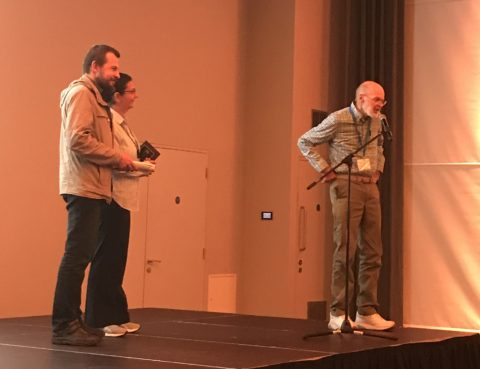Summary Description
SABE Sessions at the WEAI 2018 Annual Conference
The 93rd Annual conference of the Western Economic Association International (WEAI) took place in Vancouver, British Columbia from June 26 to 30, 2018. The Society for the Advancement of Behavioral Economics (SABE) organized 11 sessions during this conference.
Scholars came from many institutions across the U.S. (Appalachian State University, Carleton College, City College of New York, Eastern Michigan University, Kent State University, Manhattan College, Morningstar, Skidmore College, Santa Clara University, Seattle University, The New School, University of Central Oklahoma, United States Military Academy, Wharton School-University of Pennsylvania) as well as from across the globe (Ariel University, Corvinus University of Budapest, Halle Institute for Economic Research-Germany, Hang Seng Management College, Institut de Science Financier et Actuarielle, Keiai, University, Nanyang Technological University, STATEC Luxembourg, University of Hamburg, University of Innsbruck, University of Magdeburg, University of Newcastle, University of Ontario Institute of Technology, University of Warwick, Vienna University of Economics and Business).
In the 11 sessions, over 39 papers were presented. Session titles included:
- Honesty, Self-Serving Beliefs, and Deception
- Field Experiments
- Cooperation, Public Goods, and Guilt
- Gender
- Extensions to the Standard Choice Model
- Cooperation, Comparisons, and Social Responsibility
- Happiness, Mood, and Productivity
- Power, Competition, and Order Effects
- Markets, Competition, and Information
- Preferences, Financial Decision-Making, and Decision Architecture
- Climate, the Environment, and Generational Cohorts
Respectfully Submitted,
John Ifcher
Western U.S. Representative, the SABE
Associate Professor of Economics, Santa Clara University
 It is with a heavy heart that we write to share with you the sad news that John Tomer the founding father of SABE has passed away and was cremated last week.
It is with a heavy heart that we write to share with you the sad news that John Tomer the founding father of SABE has passed away and was cremated last week.